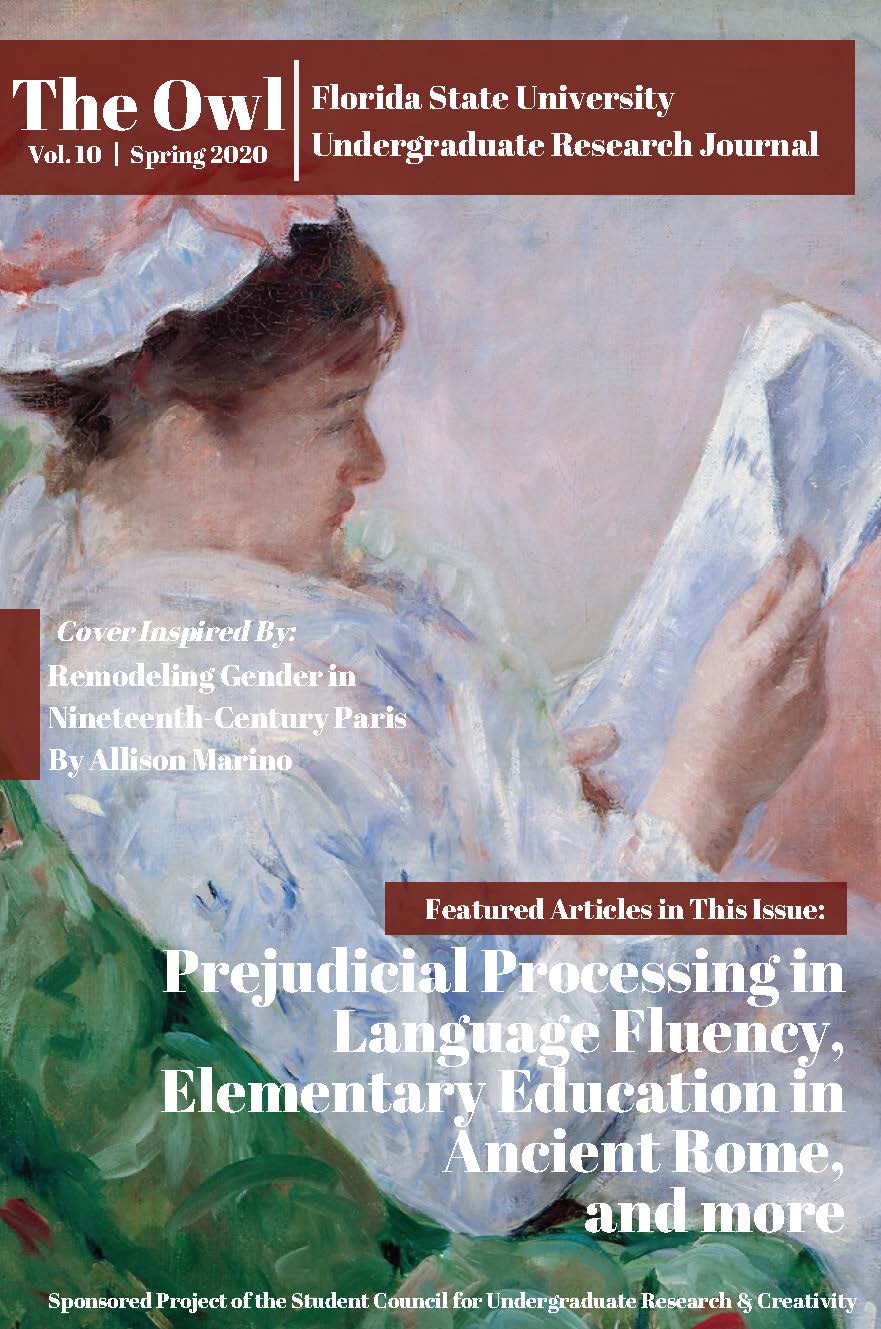A Case for a Standard Elementary Math Education in Ancient Rome
Abstract
Although overshadowed in the ancient Roman sources by the importance given to grammar and literature in a child’s school curriculum, secondary instructors of rhetoric and philosophy required their pupils to have a certain level of numerical familiarity, such as Quintilian, who believed that mathematics were “essential not only to the orator, but to anyone who has had even a basic education” (Quint. Inst. 1.10.35). This paper investigates what comprised this basic math education, and how, why, and for whom this curriculum was implemented across the unregulated educational institutions of late Republican and imperial ancient Rome. Modern scholarly discussion on mathematics in early Roman education is limited, as the ancient sources have left us only fleeting mentions of math in the classroom or in practice. Through analysis of these references, widely scattered throughout ancient literature, I construct a probable mathematical lesson plan to determine what arithmetical operations and skills, such as rationality and finger reckoning, were expected of Roman children to become numerically competent adults. These texts not only provide glimpses into the Roman classroom and the teaching methods within it, but also allow us to explore ancient authors’ varied attitudes toward math and educational institutions.
Downloads
Published
Issue
Section
License
All works published in The Owl are published under a Creative Commons Attribution, Non-Commercial, Share-Alike (CC-BY-NC-SA) license. The author retains copyright.

